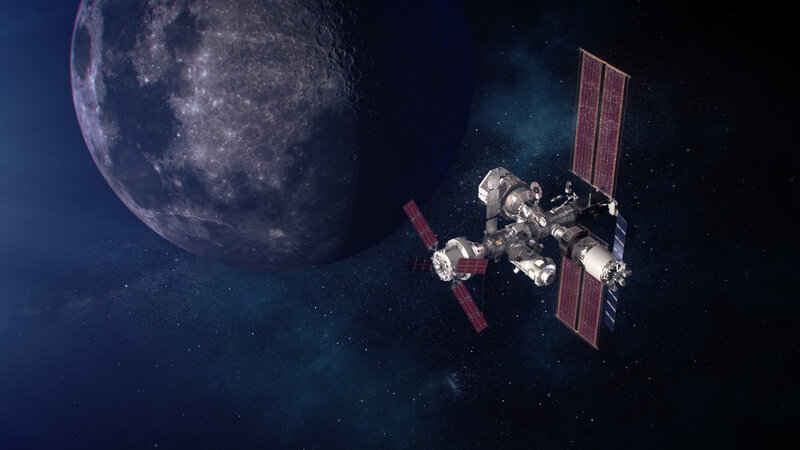https://www.npr.org/2023/03/11/ [login to see] /if-daylight-saving-time-seems-tricky-try-figuring-out-the-time-on-the-moon
As U.S. clocks shift forward this weekend, many earthlings will find themselves momentarily confused about what time it is. But scientists say a far larger temporal problem is looming on the horizon: With multiple missions to the moon in the planning phase, it's time to set a Lunar time standard.
"We need to define a time on the moon," says Javier Ventura-Traveset of the European Space Agency (ESA). Without it, Ventura-Traveset warns, docking spacecraft could tumble into each other, astronauts might get lost on the lunar surface, and of course, nobody will know when they can take their lunch break.
When humans first traveled to the moon in the 1960s and 1970s, they didn't worry too much about what time to use, according to Andrew Chaikin, an author and space historian. "They set their watches to Houston time because that's where mission control was," he says. More formally, he adds, the Apollo missions used something called "mission elapsed time," which was a clock that started the second the rocket lifted off from Earth.



 Space
Space Time
Time


